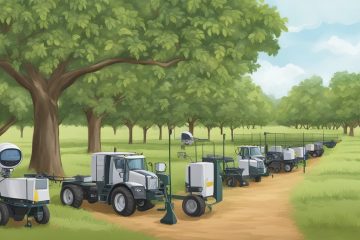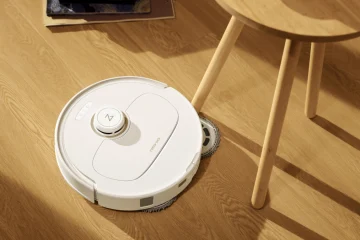Did you know that in 2023, the Copyright Office processed 481,038 copyright claims and successfully registered 441,526? Copyright provides creators with exclusive rights to their original works, including literary, musical, and artistic creations, and it gives them control over how their work is used, distributed, and enjoyed.
When it comes to copyright, understanding the basics is more important for both creators and consumers. According to copyright registration lawyer Nicholas D. Myers, knowing what copyright entails and how it is enforced is essential for fostering innovation and creativity while ensuring that creators are fairly rewarded for their contributions.
So what implications could that have on your creations or livelihood? Let’s explore the rules and regulations that govern copyright and how they may impact you.
What Is Copyright?
Copyright protects original works of authorship, granting creators exclusive rights to their creations. As the creator, you can reproduce, distribute, perform, display, and adapt your work. This means that your unique content, whether a piece of writing, a song, a painting, or any other creative expression, is secured from unauthorized use by others.
When you create something original, copyright automatically protects it once it’s fixed in a tangible form, such as by writing it down or recording it. This protection gives you the legal right to control how your work is used and prevents others from copying or profiting from it without your permission.
Copyright Protection
Copyright protection grants you, as the creator, exclusive rights to your work, preventing others from copying, distributing, or adapting it without your permission. This protection applies automatically once your work is created and fixed in a tangible form, such as by writing it down or recording it.
Registering your work with the copyright office provides additional benefits, such as the ability to sue for statutory damages and attorney’s fees in cases of infringement. It’s important to display the copyright symbol ©, your name, and the year of creation on your work to signal your ownership and deter potential infringers.
But how long do copyrights last? Copyright protection doesn’t last indefinitely. In most cases, copyright protection lasts throughout the creator’s life plus an additional 70 years. Understanding copyright protection empowers you to control the use of your creations and allows you to receive recognition and potential financial benefits from your work.
Fair Use and Exceptions
Understand when you can use copyrighted material without permission and how to handle the concept of fair use and its exceptions. Fair use allows you to use copyrighted material for purposes such as criticism, commentary, news reporting, teaching, scholarship, or research without obtaining permission from the copyright holder. This exception is designed to balance the copyright owner’s rights with the public’s interest in accessing and using creative works.
There are limitations to consider when determining fair use, such as the purpose and character of your use, the nature of the copyrighted work, the amount and substantiality of the portion used, and the potential effect on the market for the original work. Fair use is a legal doctrine that relies on a case-by-case analysis, so you must evaluate each situation carefully.
Copyright Infringement
Handling copyrighted material involves being aware of potential copyright infringement. Copyright infringement occurs when someone uses, copies, distributes, or displays copyrighted work without permission from the copyright holder. Understand what constitutes an infringement to avoid legal repercussions.
One common misconception is that giving credit to the original creator exempts you from infringement. Attribution alone doesn’t grant you the right to use copyrighted material. To stay on the right side of the law, consider seeking permission or using works in the public domain or covered under a Creative Commons license.
Keep in mind that unintentional infringement is still infringement. Whether using a copyrighted image on your website or playing music during a public event, ignorance isn’t a defense. Be proactive in understanding copyright laws and make sure you have the necessary permissions before using someone else’s work. By respecting copyright boundaries, you can protect your own creations and contribute to a fair and ethical creative environment.
Copyright Enforcement
Protect the hard work and creativity of content creators like yourself. Copyright enforcement guarantees that your original works are respected and that you have exclusive rights. You can deter others from using your work without permission or proper compensation by actively enforcing copyright laws.
If someone infringes on your copyright, enforcement measures can help you seek legal remedies such as injunctions and damages. Copyright enforcement is important in combating piracy and unauthorized content distribution, which can significantly impact your ability to monetize your creations. Stay vigilant and proactive in monitoring the use of your work to identify any potential infringements and take appropriate action to protect your rights.
Conclusion
So, now you know the basics of copyright – what it is, how it protects your work, and the exceptions to the rules. Respect the rights of creators and artists by not using their work without permission.
If you ever find yourself in a situation where someone is using your work without permission, don’t hesitate to take action and enforce your copyright. Understand copyright to protect your creative endeavors.



